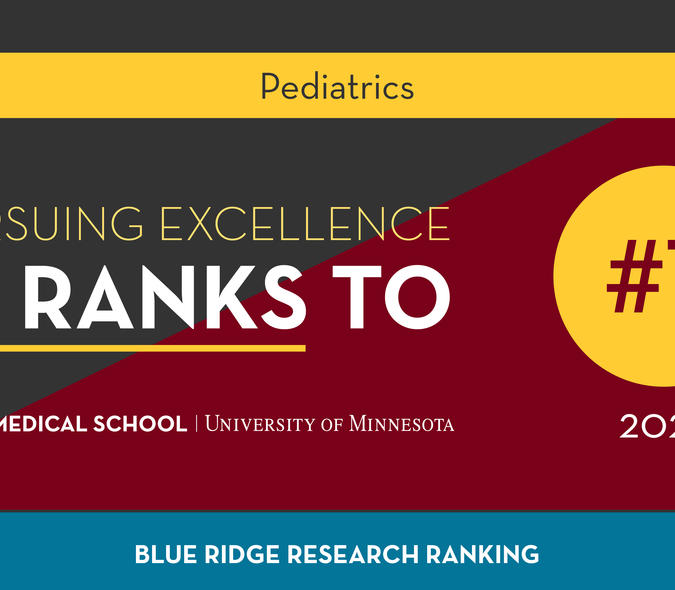Primary Care is a Point of Intervention for Youth Facing Housing Instability
For many people, a trip to primary care for an annual checkup is a routine event. Even for vulnerable populations, these trips are key to preventing serious healthcare concerns from arising. Often, the questions and topics addressed in check-ups do not encompass the state of one’s home, leaving a large gap in care and resources that could be provided.
Dr. Gewirtz O’Brien and Associate Professors, Peter Scal, MD, MPH, Andrew Barnes, MD, MPH, and Annie-Laurie McRee, DrPH—all in the Department of Pediatrics—recently published research in the journal, JAMA Pediatrics. The study showed that youth with any form of housing instability were just as likely to be connected to a primary care facility for annual checkups and routine appointments as their peers with more stable housing situations. In fact, though there was a slight variation between groups, the study found that approximately ⅔ of the students have had a preventative health checkup within the last year.
The data, collected from the Minnesota Student Survey, which surveyed middle school and high school students, provided information into students’ housing situations. Unstable housing has been shown to put people at increased risk for poor mental and physical health outcomes. To help prevent this, the normalization of asking questions about housing could provide resources and intervention to foster resilience and prevent negative long-term health outcomes. Primary care could serve as the link between families and community resources that could offer a wide range of support. Especially in this time in which many are strained, asking young people about their mental and physical health, but also about their housing situation, could be a lifeline to healthier and safer living.

